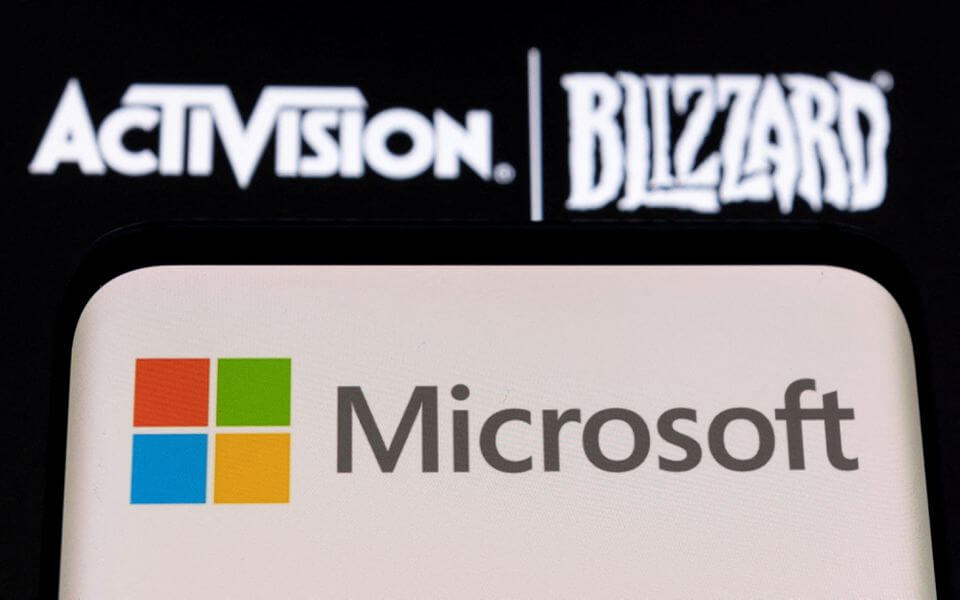According to a recent report from Bloomberg News, Microsoft Corp (MSFT.O) and Activision Blizzard (ATVI.O) are exploring the possibility of relinquishing some control of their cloud-gaming business in the United Kingdom in order to address regulatory concerns and proceed with their proposed $69 billion merger. This merger, which stands as the largest in the history of the video game industry, faced obstacles in Britain until this week. The Competition and Markets Authority in the UK, which initially opposed the transaction, announced on Wednesday that a restructured agreement between Microsoft and Activision Blizzard could potentially address its concerns, contingent upon a fresh investigation.
To appease regulators and move the deal forward, the companies are contemplating the sale of cloud-based market rights for games in the UK. Potential buyers include telecommunications, gaming, or internet-based computing companies, as well as private-equity firms that have reportedly shown interest, as per insiders cited in the Bloomberg report.
In the United States, the Federal Trade Commission (FTC) had requested a temporary halt to the merger, but on Thursday, a US court rejected that request. While the deal faced challenges, the court’s decision paved the way for progress. Microsoft and Activision Blizzard are yet to respond to Reuters’ request for comment regarding this matter.
The original deadline for finalizing the deal was set for July 18, with Microsoft being obligated to pay a breakup fee of $3 billion if the merger fell through. However, with the agreement now back on track, the focus has shifted toward modifying the terms to secure regulatory approval.
In summary, Microsoft and Activision Blizzard are reportedly considering relinquishing some control of their cloud-gaming business in the UK to address regulatory concerns and facilitate their historic $69 billion merger. By exploring potential sales of cloud-based market rights, the companies aim to satisfy regulators and move the deal forward. While facing regulatory challenges in both the UK and the US, recent developments have indicated progress in resolving these issues and achieving the merger’s completion.





